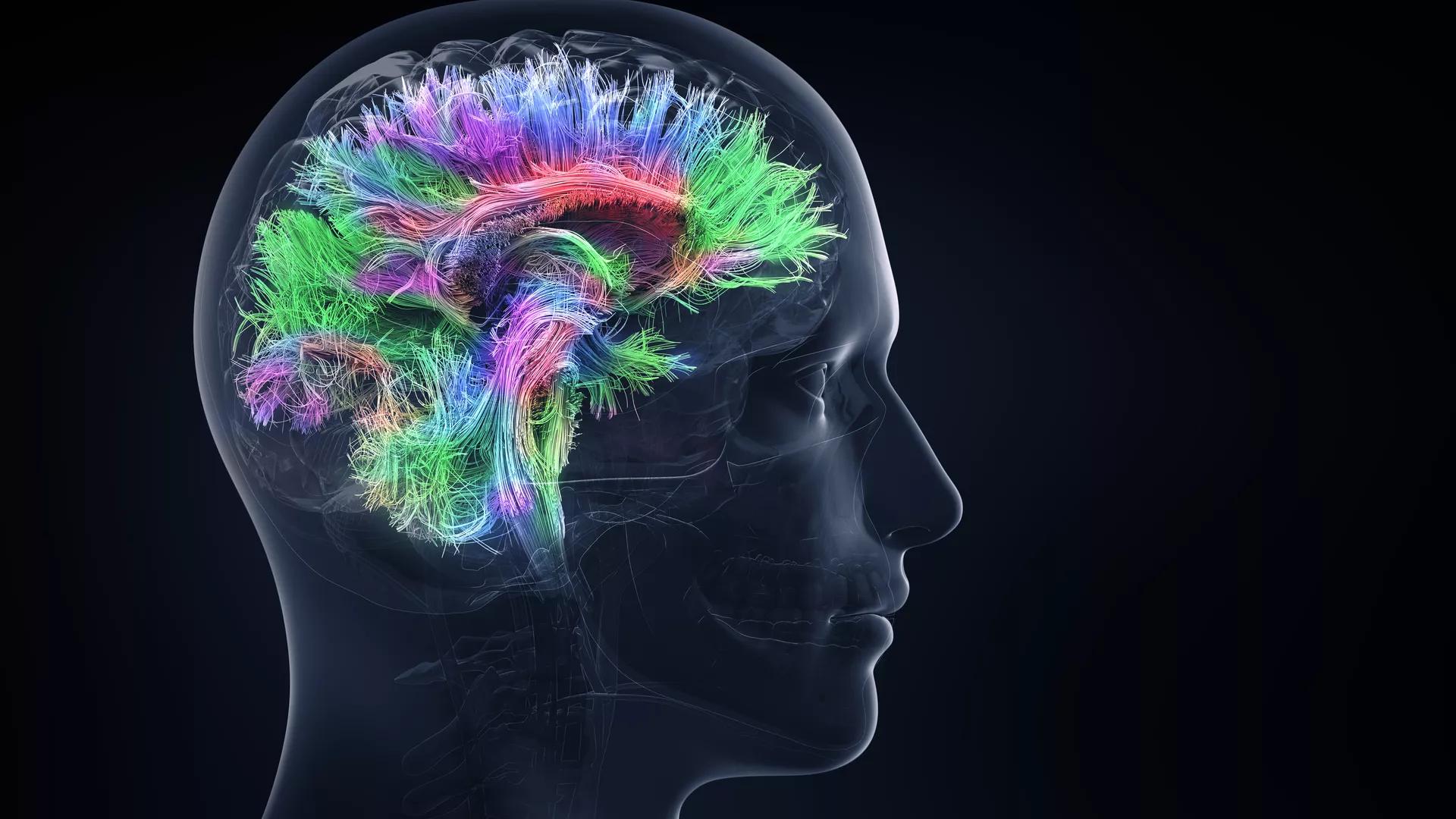Autism spectrum disorders (ASD) are a group of disorders characterized by impairment in social communication and repetitive and stereotyped behaviors. ASD etiology is very complex, including the effect of both genetic and environmental factors. So far, no specific treatment for the core symptoms of ASD has been developed, although attempts have been made for the treatment of repetitive behavior. The pharmacological treatment is aimed at treating non-specific symptoms such as irritability and aggression. Recent studies pointed out to the possible role of altered dopamine signaling in mesocorticolimbic and nigrostriatal circuits in ASD. In addition, several research pointed out to the association of dopamine receptors polymorphism and ASD, specifically repetitive and stereotyped behavior. In this paper, we will provide a review of the studies regarding dopamine signaling in ASD, existing data on the effects of D2/D3 partial agonists in ASD, possible implications regarding their individual receptor profiles, and future perspectives of their possible use in ASD treatment.
Dopamine receptor partial agonists (DRPAs; aripiprazole, brexpiprazole, and cariprazine) constitute a novel class of antipsychotics. Although they share a similar mechanism of action, DRPAs differ in their pharmacodynamics, pharmacokinetics, drug interactions, or safety and tolerability. The antipsychotic efficacy of all three drugs was established in several placebo-controlled randomized trials (RCTs) in schizophrenia, both acute phase and relapse prevention. In addition, each of the DRPA agents has been tested in other psychiatric disorders, including bipolar disorder or major depression. However, a few studies have examined their comparative clinical efficacy. There are no head-to-head comparisons between aripiprazole, brexpiprazole, or cariprazine. In two acute schizophrenia RCTs of cariprazine and brexpiprazole, aripiprazole was used as an indirect comparator to control for study sensitivity. To assess potential differences in the efficacy of DRPAs, we reviewed data from controlled trials, systematic reviews, and meta-analyses. Our results showed that the acute antipsychotic effects of DRPAs, as measured by the number needed to treat, are comparable. The three agents were superior to placebo in acute treatment, and cariprazine was found to be effective in the reduction of primary negative symptoms of schizophrenia. In the therapy of bipolar disorder, aripiprazole and cariprazine showed antimanic efficacy, cariprazine was also effective in the management of bipolar depression, and aripiprazole was effective for relapse prevention. The addon administration of aripiprazole or brexpiprazole reduced symptoms of major depression. Aripiprazole can control acute agitation associated with psychosis or bipolar disorder; brexpiprazole showed the potential to manage agitation in dementia patients. Aripiprazole has also established evidence of efficacy in children and adolescents and other conditions: OCD, tic disorders, and autism spectrum disorder. Our review of published data suggests that in terms of clinical efficacy, DRPAs are a heterogeneous group, with each drug possessing its own therapeutic benefits.










